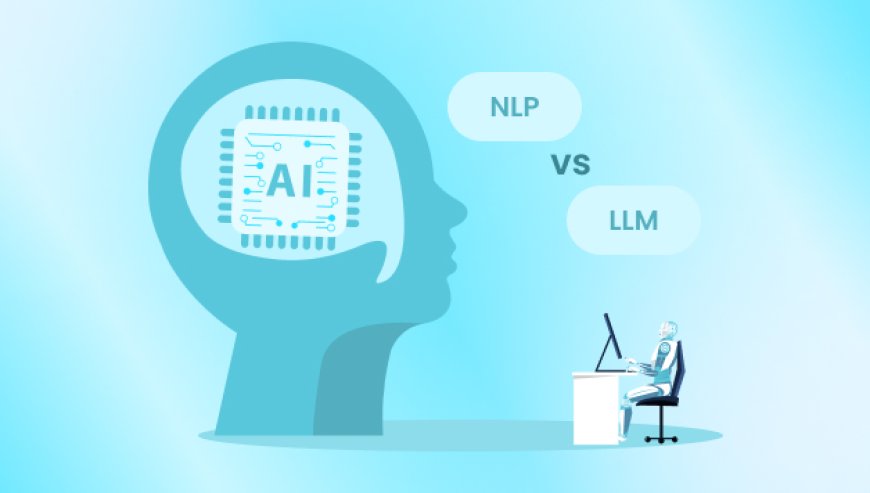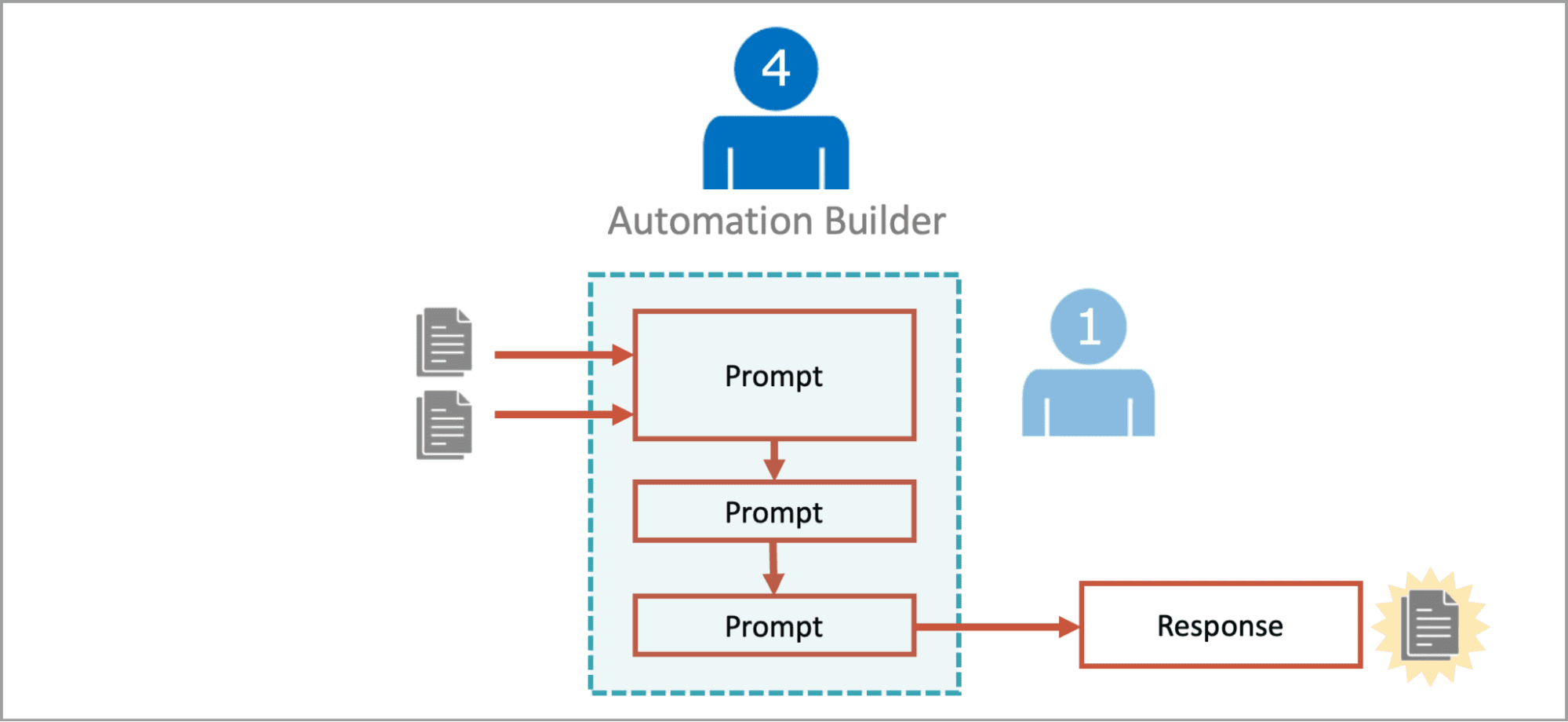Can NLP Power the Next Generation of Search Engines?
Explore how NLP in search engines is transforming AI search engine technology and shaping the future of next-generation search engines. Learn more here!

The world of search engines is evolving rapidly, and one of the key driving forces behind this transformation is Natural Language Processing (NLP). NLP in search engines is allowing for smarter, more efficient, and user-friendly search experiences that go beyond simple keyword matching. As search technology advances, the both role of nlp vs llm is becoming more prominent, paving the way for next-generation search engines. But how exactly does NLP fit into this? And what makes it a powerful tool for AI-driven search engines?
In this article, we will explore how NLP in search engines is shaping the future of AI-powered search and how it compares to other technologies, like LLMs (Large Language Models), which also play an essential role.
Understanding NLP in Search Engines
NLP in search engines refers to the application of natural language understanding to process and interpret user queries more accurately. Traditional search engines primarily rely on keywords to fetch results, which often leads to irrelevant or incomplete answers. However, NLP enables search engines to comprehend context, sentiment, and intent behind the words, leading to more accurate and personalized results.
Some core NLP techniques used in search engines include:
-
Tokenization: Breaking down search queries into smaller, meaningful components.
-
Named Entity Recognition (NER): Identifying specific entities (like people, places, or products) within the query.
-
Contextual Understanding: Grasping the user's intent by understanding not just the individual words, but also the broader meaning.
These techniques are transforming search engines, moving from a simple keyword-based approach to a more nuanced, user-focused system.
AI Search Engine Technology: The Role of NLP
AI search engine technology powered by NLP can better understand the nuances of human language, allowing for more sophisticated and accurate search results. By leveraging advanced algorithms, search engines can analyze not only what a user is searching for, but also why they are searching for it. This contextual understanding allows for more relevant results, personalized recommendations, and an overall better user experience.
The integration of AI and NLP in search engines has several benefits:
-
Improved Query Understanding
Search engines can now understand natural language queries, even if they are phrased conversationally or ambiguously. This is crucial in today's world, where users expect quick and precise answers to complex questions.
-
Context-Aware Search Results
NLP allows search engines to consider context, providing results based not just on keywords but also on the intent behind the query. This leads to more relevant and personalized results.
-
Better Voice Search Integration
Voice search is becoming increasingly popular, and NLP plays a critical role in interpreting spoken language. Search engines can now more accurately interpret voice queries, leading to a better search experience on voice-enabled devices.
-
Enhanced Multilingual Support
Through NLP, search engines can break down language barriers, offering more accurate translations and results across multiple languages.
Next Generation Search Engines: How NLP is Shaping the Future
The future of search engines is all about improving user experience and providing more meaningful results. This evolution is heavily reliant on NLP techniques that focus on understanding the intricacies of human language. NLP in search engines is set to become the backbone of next-generation search engines, allowing them to move from traditional search to conversational, personalized, and context-aware platforms.
Key features of next-generation search engines powered by NLP include:
-
Conversational Search: Instead of simply returning a list of links, NLP will enable search engines to engage in a two-way conversation, helping users refine their queries for more accurate results.
-
Predictive Search: By analyzing previous queries and user behavior, NLP will enable search engines to predict what users are likely to search for next, enhancing the overall experience.
-
Semantic Search: Understanding the meaning behind words, not just their literal definitions, will make search engines much more efficient at delivering relevant content.
NLP vs LLM: How Does it Compare?
While NLP is a key component of modern search engines, Large Language Models (LLMs) like GPT-3 and GPT-4 are also influencing the future of search. Both technologies are designed to understand and generate human-like language, but they serve different purposes in the world of search engines.
-
NLP is focused on interpreting and processing user input to generate the most relevant results.
-
LLMs, on the other hand, are capable of generating text and responding to queries in a conversational manner, but they can also help search engines understand the broader context of a query.
When combined, these two technologies enhance search engine capabilities, making them not just accurate but also responsive, context-aware, and capable of engaging with users in meaningful ways.
AI Chatbot Development Services and Their Role in Search Evolution
Another critical aspect of NLP and AI integration into search engines is the rise of AI chatbot development services. Many companies are now leveraging NLP to create chatbots that can seamlessly interact with users and provide answers to queries. These AI-powered chatbots improve customer service, automate workflows, and help businesses stay competitive in an increasingly digital world.
By integrating AI chatbots with search engines, users can enjoy a more interactive experience, where they not only search for information but also engage in real-time conversations with intelligent systems. This is particularly beneficial for industries like e-commerce, healthcare, and customer support.
Conclusion: The Future of NLP in Search Engines
In conclusion, NLP in search engines is revolutionizing how we interact with technology. The integration of AI search engine technology is improving search accuracy, personalization, and voice recognition, while also setting the stage for next-generation search engines that are more intuitive, conversational, and context-aware.
As AI continues to advance, understanding how NLP and LLMs work together to power modern search engines will be crucial for businesses looking to stay ahead. Those looking to integrate advanced AI capabilities into their systems should explore AI Chatbot Development Services to enhance their user experience and remain competitive. With NLP leading the charge, the future of search is undoubtedly smarter, faster, and more efficient than ever before.

































































































































































